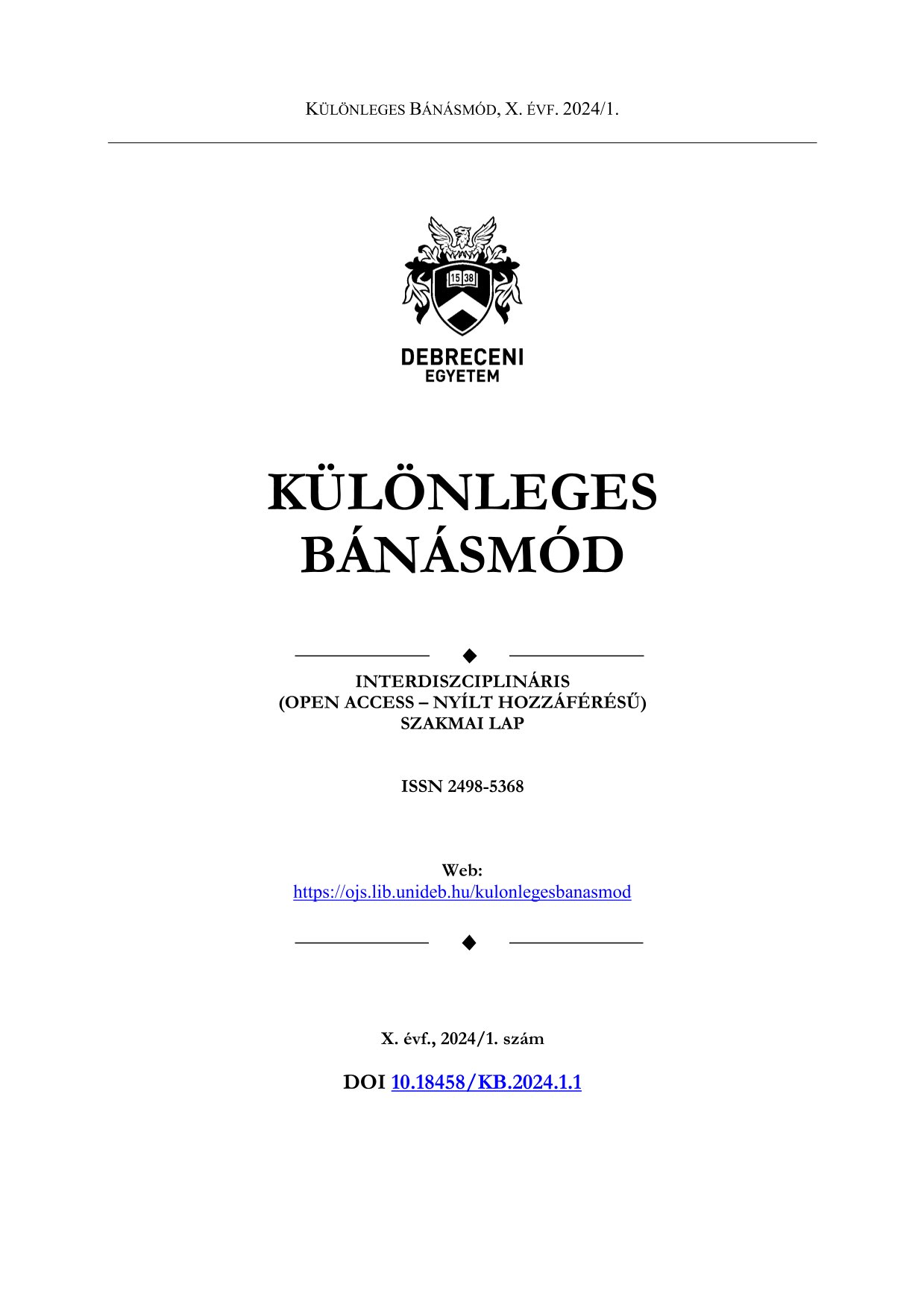Nexus between Personal Factors and Practice of Self-Medication among Primary School Teachers in Oyo State, Nigeria
Authors
View
Keywords
License
Copyright (c) 2024 Oladele Omolara (Ph.D), Muraina Kamilu Olanrewaju (Ph.D), Muraina Kehinde Maruf

This work is licensed under a Creative Commons Attribution-NonCommercial-NoDerivatives 4.0 International License.
How To Cite
Abstract
The purpose of this study was to examine the nexus between personal factors and the practice of self-medication among primary school teachers in Oyo State. Five hundred participants constituted the study’s sample out of which only 476 were used after data administration. Both the independent and dependent variables were measured with validated instruments with 0.85 reliability co-efficient and the data obtained was analyzed using the Pearson Product Moment Correlation (PPMC) Statistical method. Two research hypotheses were formulated and tested at a 0.05 level of significance. The result showed that there was a significant relationship between poverty and the practice of self-medication among primary school teachers (r= .823; p<0.05) as well as between illiteracy and the practice of self-medication among primary school teachers (r= .643; p<0.05). The implication of this showed that poverty and illiteracy level had significant impacts on the practice of self-medication among primary school teachers. In view of these findings, it was recommended that educational stakeholders should frequently organize seminars and workshops for primary school teachers, especially in rural areas on the dangers of self-medication.


 https://doi.org/10.18458/KB.2024.1.101
https://doi.org/10.18458/KB.2024.1.101